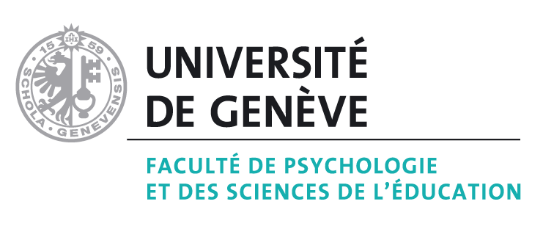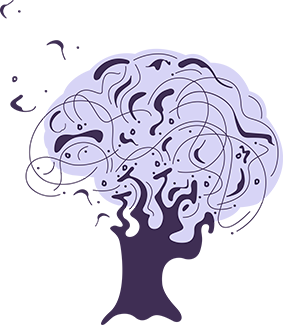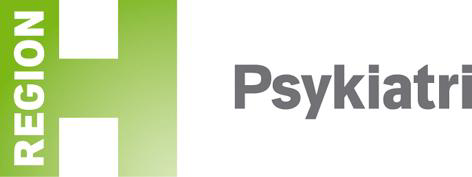
Aim
Caring for a child with Anorexia Nervosa can lead to distress and high burden, which contributes to maintenance of the disease. The purpose of this project is to develop a computerized simulation-based intervention for carers of young people with Anorexia Nervosa and carry out a preliminary test of its effect as an add-on to treatment as usual. This project is funded by the SNFS n°212661 .

Partners
A multidisciplinary team, including computer science, psychiatry, psychological interventions, and applied psychology, was set up to address the various needs of the project.
University of Geneva (TECFA)

The TECFA (Technologies de Formation et Apprentissage) is a research and teaching unit within the Faculty of Psychology and Educational Sciences at the University of Geneva. It specializes in the innovative application of educational technology, offering a fertile ground for interdisciplinary research and development in the domain of digital learning environments. TECFA is known for its pioneering work in integrating technology with educational methodologies to improve learning experiences. Leading the development of the intervention aimed at aiding carers of adolescents with Anorexia Nervosa, the TECFA team at the University of Geneva is composed of experts in their respective fields: Nicolas Szilas is as an expert in interactive narratives and learning. Alexandre De Masi, a PostDoc researcher, brings his expertise in HCI, UX research, large language models (LLM), and affective computing to the team. Halit Mislimi combines his ten years of experience as a senior full-stack developer with his academic pursuits in educational technology. This team will be responsible for ensuring that the intervention is educational while offering a high-quality user experience. To do this, the team will use new technology, including large language models.
Hôpitaux Universitaires de Genève

The Hôpitaux Universitaires de Genève (HUG) is a leading hospital center in Switzerland, renowned for its high standards in patient care, research, and teaching. At the forefront of integrating innovative IT solutions into healthcare, the HUG is committed to enhancing system efficiency and user experience. Within this prestigious institution, Frédéric Ehrler, Ph.D., stands as a central figure in driving technological advancements in healthcare. His expertise in user-centered design and patient-centered interventions is pivotal to the development of intuitive interfaces and mobile applications aimed at improving the experiences of patients and caregivers alike. His contributions are vital to the ongoing pursuit of excellence in this project.
Center for Eating and Feeding Disorders Research (CEDaR)

CEDaR is a research team dedicated to advancing the understanding and treatment of eating disorders in a multidisciplinary and diverse setting. The center is headed by Prof. Nadia Micali. One of the main research areas of the center is clinical intervention studies, with the goal of developing and testing new and existing treatment and interventions in clinical settings. CEDaR is fully integrated within the specialist regional treatment center for Eating Disorders (SPIS) situated within the Mental Health Centre Ballerup in Copenhagen, Denmark and collaborates with Child and Adolescent’s Psychiatry (BUC) regarding research and during transition of patients. The teams’ active involvement in international collaborations and her role in leading large research studies strengthen the center’s global impact.
Psychiatric Outpatient Clinic for Children and Adolescents with Eating Disorders, Child and Adolescent’s Psychiatry

The project will collaborate with the Psychiatric Outpatient Clinic for Children and Adolescents with Eating Disorders, to ensure the evaluation of the intervention. All young people with eating disorders under the age of 18, and their families, in the Capital Region of Denmark, are referred to this outpatient clinic. This large pool of potential participants will provide access to a representative sample of patients and carers who might benefit from the intervention.






